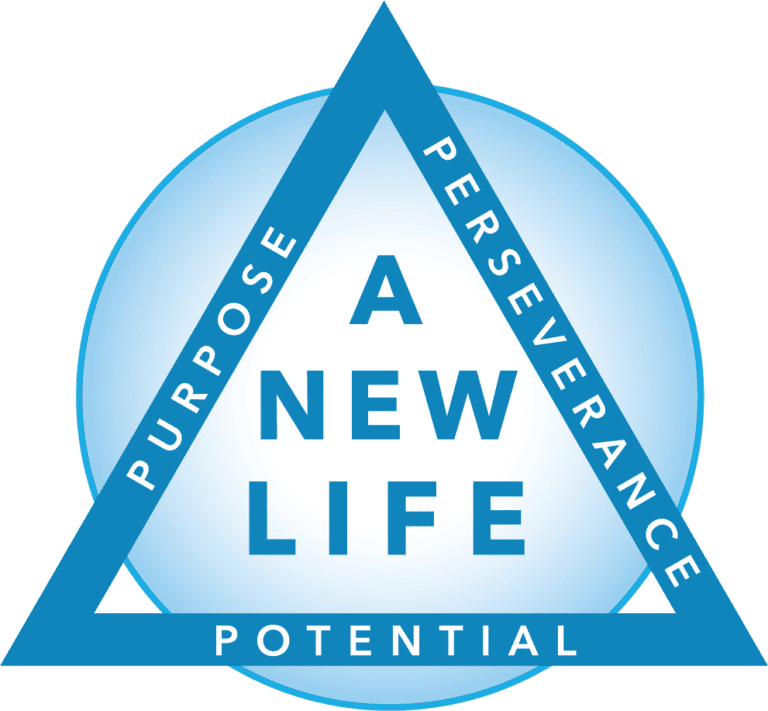Living in halfway houses can be a transformative step for people who are trying to quit drugs. However, it is not easy, especially with its obstacles. For instance, they have triggers, setbacks, and temptations that can challenge anyone living there. This article discusses some coping tips that these individuals need to adopt to cross the various barriers on their path toward recovery while staying on course at their halfway homes.

1. Understanding Triggers
Triggers are essential things for every person recovering from drug addiction as they may result in relapse. A trigger might be something internal or external that makes someone feel emotional or mental, like using alcohol or drugs again when it happens. Identifying one’s triggers is essential because this enables an individual to know what puts them at risk and develop coping mechanisms accordingly. It requires understanding what triggers a comeback in advance and then putting up proactive steps to avoid such incidences; this may involve abstaining from dangerous situations, acquiring toughness via therapy and support groups, and applying mindfulness plus relaxation techniques. In conclusion, mastering the management of triggering factors paves the way for long-lasting sobriety, entailing adopting healthier substance-free lifestyles.
2. Mindfulness Practices
In instances where cravings might take over, fully living in the present moment is crucial; therefore, mindfulness exercises could be lifesavers during those times when an individual wants to focus on doing other things rather than focusing on his thoughts alone.

Stress Reduction: Meditation and controlled breathing help reduce stress, promoting tranquility during the turbulence of recovery.
Craving Management: Mindfulness helps observe and accept cravings, enabling people to make better choices.
Emotional Regulation: By bringing awareness to emotions without judgment, mindfulness engenders emotional immunity against triggers.
Self-Awareness: Regular practice develops an understanding of thought patterns and behavior, leading to alignment with personal values.
Overall Well-being: Mindfulness-related benefits also include better sleep, concentration, and relationships during recovery, thereby enhancing life quality.
3. Building a Support Network
A strong support network is one key element to successful recovery. This may involve other residents, staff members, friends or family, or support groups such as Alcoholics Anonymous (AA) or Narcotics Anonymous (NA). During rough times, it can be priceless to have someone who can lend an ear or provide a different perspective.

4. Developing Healthy Coping Mechanisms
Many people resort to substances when dealing with stress, anxiety, or other painful emotions. In recovery, one must find healthy coping mechanisms that are not dependent on drugs or alcohol. It could entail hobbies like exercise, journaling, and being close to nature.
5. Setting Realistic Goals
Realistic and achievable goals give a sense of direction and motivation in the recovery journey. Whether it is achieving specific numbers of days sober, attending therapy sessions regularly, or working towards career/education goals, these objectives keep residents focused on their sobriety goals.
6. Improving Communication Skills
Excellent communication skills are essential for effective relationship navigation and conflict resolution. Inhabitants stand to gain by acquiring assertive strategies, mastering active listening, and articulating their needs and boundaries with clarity and respect.

7. Practicing Self-Care
Self-care is important in maintaining physical strength and emotional well-being during the process of healing from addiction. This may involve getting enough sleep, eating nutritious foods, regular exercise, practicing relaxation techniques, and engaging in activities that bring joy and fulfillment.
8. Embracing Change
Recovery can be seen as a journey of personal growth, with often significant changes in lifestyle, mindset, and behavior. This may not be easy, but it’s also a chance for self-improvement and exploration. Residents need to have a growth mindset and be open to new experiences and perspectives.
9. Celebrating Progress

Recovery is not always smooth sailing, but it is essential to appreciate the steps made, no matter how small, whether reaching a milestone, sober, overcoming a challenge, or accomplishing individual goals; taking time to acknowledge achievements enhances motivation and confidence.
In conclusion, living in a halfway house presents its own unique set of challenges. Still, with the right coping strategies and support systems in place, residents can overcome obstacles and thrive in their sober living environment.
Today, make contact with “A New Life Sober Living.”
Congratulations on deciding on a sober life free from addiction. Our goal at “A New Life Sober Living” is to help you through this journey by providing the necessary support for your recovery process. Reach out to us today with inquiries about our halfway home program on your way to sobriety.





